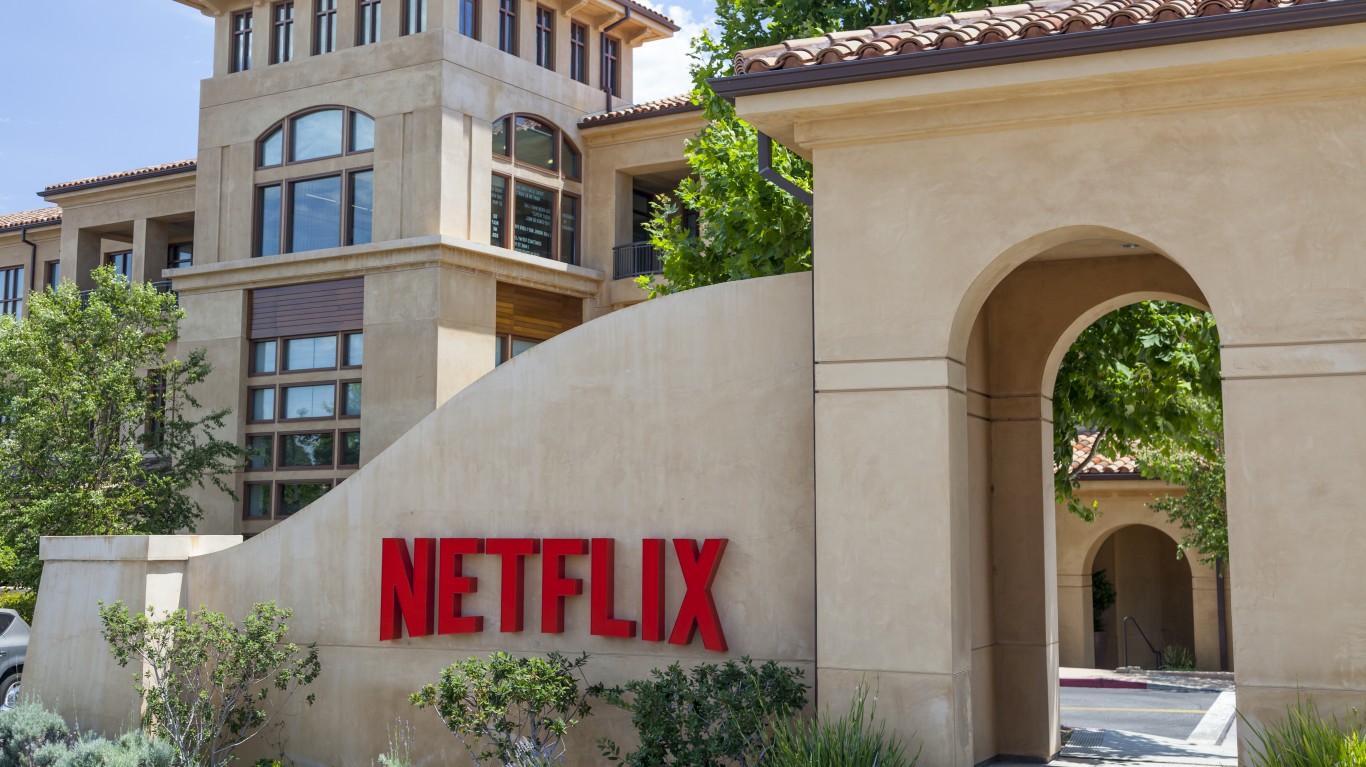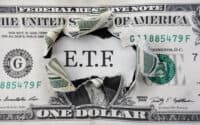
As 2016 comes to an end, it is important to first look back and consider what has taken place and then to look forward to what may come in 2017. The rally since the November 8 election has been unprecedented, and the Trump policies so far seem to be positive for financial stocks and for companies that are involved in infrastructure, natural resources, consumer spending and domestic production. It is the financial sector that has really gathered steam since the election. It turns out that lower regulation, more loaning, higher interest rates and perhaps even more trading allowances are all being viewed as pro-growth policies for the financial sector.
24/7 Wall St. regularly reviews value investing and value stock picks. For “value” to be found in financial stocks, one metric that is always insightful is a review of profitable companies that are trading at discounts to their stated book values.
It is important to understand that there is no free lunch when it comes to investing. It is also important to understand that not a single political effort has formally started taking shape as policy yet. There could be difficult voting approvals with all the infighting that may occur. Anyhow, just keep in mind that massive rallies do not always get followed by continued rallies. It is also important to consider that these stocks are up more than the broader market since the election, but that their shares actually may be down from the peaks seen in the first week or two of December.
Before jumping in blindly here just because of stated book values, it needs to be understood that stated book values are often far different from tangible book values. These stock prices are also very close to or slightly above what is listed as the consensus analyst target price from Thomson Reuters.
Additional data viewed has been valuation metrics on forward earnings, trading history and performance metrics since the dividend-adjusted closing prices on November 8. Some of these gains may seem massive, but they are far less than the six stocks featured with gains of 500% to 1,500% so far in 2016.
MetLife Inc. (NYSE: MET) leads the pack at a discount to book value with a price-to-book ratio of 0.77. The insurance giant last closed at $54.70, in a 52-week trading range of $35.00 to $58.09. This was a $47.88 stock on the day of the election, making for a 14% return since. That is up less than some of the bank stocks, perhaps as much of MetLife’s operations may still be dogged by some of the commitments made during recent years when rates were stubbornly low. MetLife’s consensus analyst price target is $59.08, and its dividend yield is 2.9%.
American International Group Inc. (NYSE: AIG) was last seen trading at $66.70 and is valued at 0.81 times book value with a value of 12 times expected earnings. AIG has been in a steady state of chopping down its non-core operations in recent years, and for the most part that transition and asset sale (or divesting) seems over. Still, AIG remains one of the poster children of the recession and financial jeopardy, and that explains why investors might not have wanted to pay a premium for the stock. AIG’s 52-week range is $48.41 to $66.92, and its consensus target price is $68.31. Its dividend yield is 1.9%. AIG shares were at $59.50 on election day, making for a gain of 12% since then.
Citigroup Inc. (NYSE: C) is the widest discount to book value of the money center banks, and it still has massive overseas exposure. It has right-sized its balance sheet and operations handily, but at 0.83 times book value it is a big discount to its rival banking giants. With shares at $61.09, Citi has a market cap of $174 billion, a well as a 52-week range of $34.52 to $61.30. It now yields more than 1%, and it seems likely that it should be able to continue finally raising its dividend payout ahead. Shares are valued at less than 12 times expected earnings, and the consensus price target is $62.12. Shares are up 22% since the November 8 close.
Capital One Financial Corp. (NYSE: COF) remains at a discount to book value most likely because of its outfit having high credit card exposure and being less of a brick-and-mortar banking outfit than other banks. Trading at $89.76, Capital One has a 52-week range of $58.03 to $91.64, a consensus price target of $89.57 and a market cap of $43 billion. It is valued at 0.93 times expected earnings and at just over 11 times forward earnings expectations. It pays a 1.8% dividend yield. Capital One shares are up 23% since the November 8 closing price of $72.84.
Bank of America Corp. (NYSE: BAC) seems to be out of the regulatory penalty box and is said to be among the best positioned of the larger banks to win off of higher interest rates ahead. It is valued at 0.95 times book value and at 13.7 times forward earnings expectations. With shares at $22.61, the market cap is $228 billion, and the 52-week range is $10.99 to $23.39. The consensus price target is $22.35. The dividend yield of 1.3% is expected to rise ahead. The stock price is up 33% from the $17.00 closing price on November 8.
There were many other financial companies trading under book value, but it is important to understand that there are many focuses inside of the financial sector: insurance, traditional banking, investment banking and consumer lending.
Other financials that still screen as being under book value are Legg Mason, Prudential, Citizens, Hartford and more. Some that are trading at book value to as much as 1.2 times book value include the likes of Regions, Unum, Morgan Stanley and SunTrust.
For other value investing picks, see the UBS top picks for 2017 and also the top 2017 financial picks from Deutsche Bank.
100 Million Americans Are Missing This Crucial Retirement Tool
The thought of burdening your family with a financial disaster is most Americans’ nightmare. However, recent studies show that over 100 million Americans still don’t have proper life insurance in the event they pass away.
Life insurance can bring peace of mind – ensuring your loved ones are safeguarded against unforeseen expenses and debts. With premiums often lower than expected and a variety of plans tailored to different life stages and health conditions, securing a policy is more accessible than ever.
A quick, no-obligation quote can provide valuable insight into what’s available and what might best suit your family’s needs. Life insurance is a simple step you can take today to help secure peace of mind for your loved ones tomorrow.
Click here to learn how to get a quote in just a few minutes.
Thank you for reading! Have some feedback for us?
Contact the 24/7 Wall St. editorial team.



